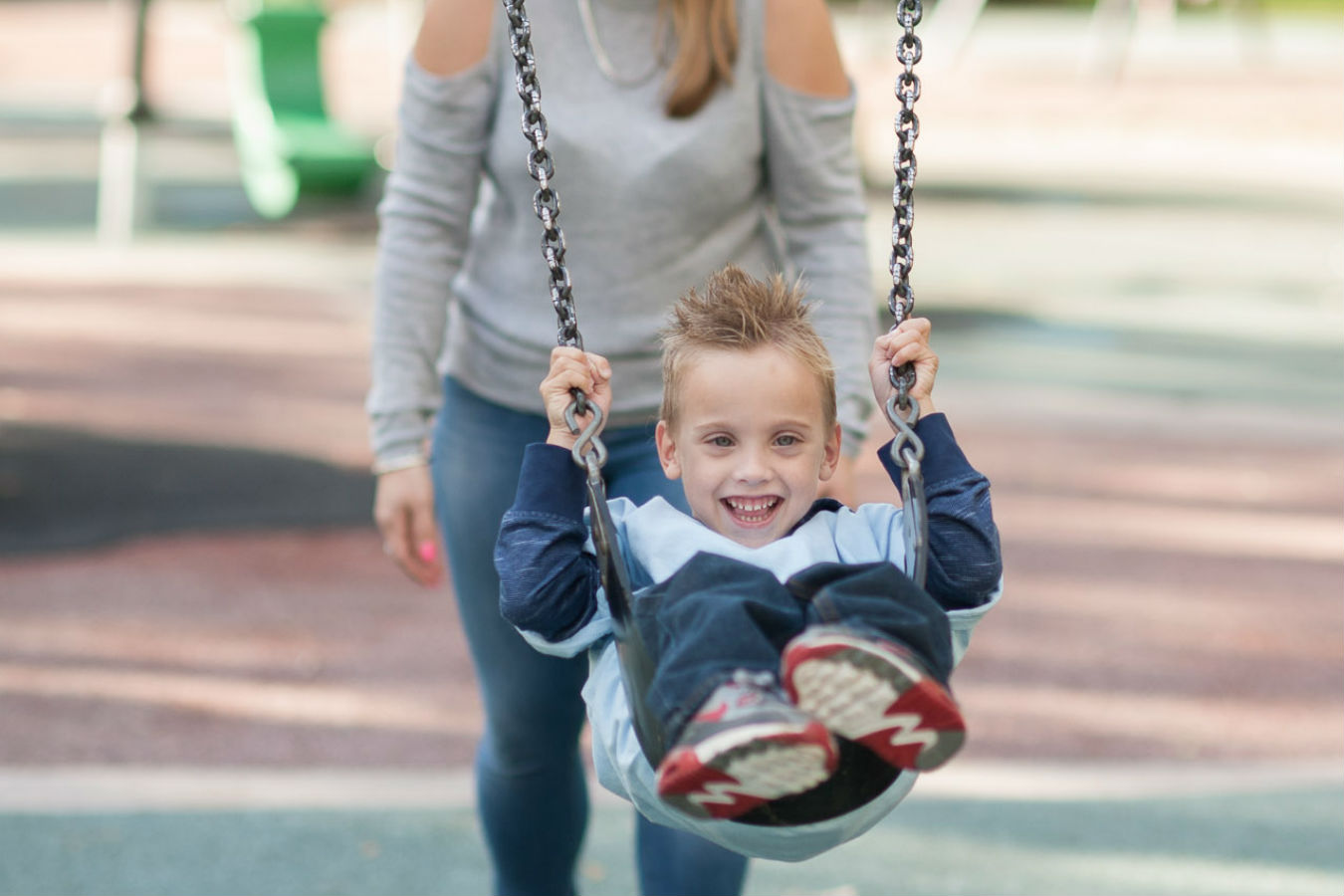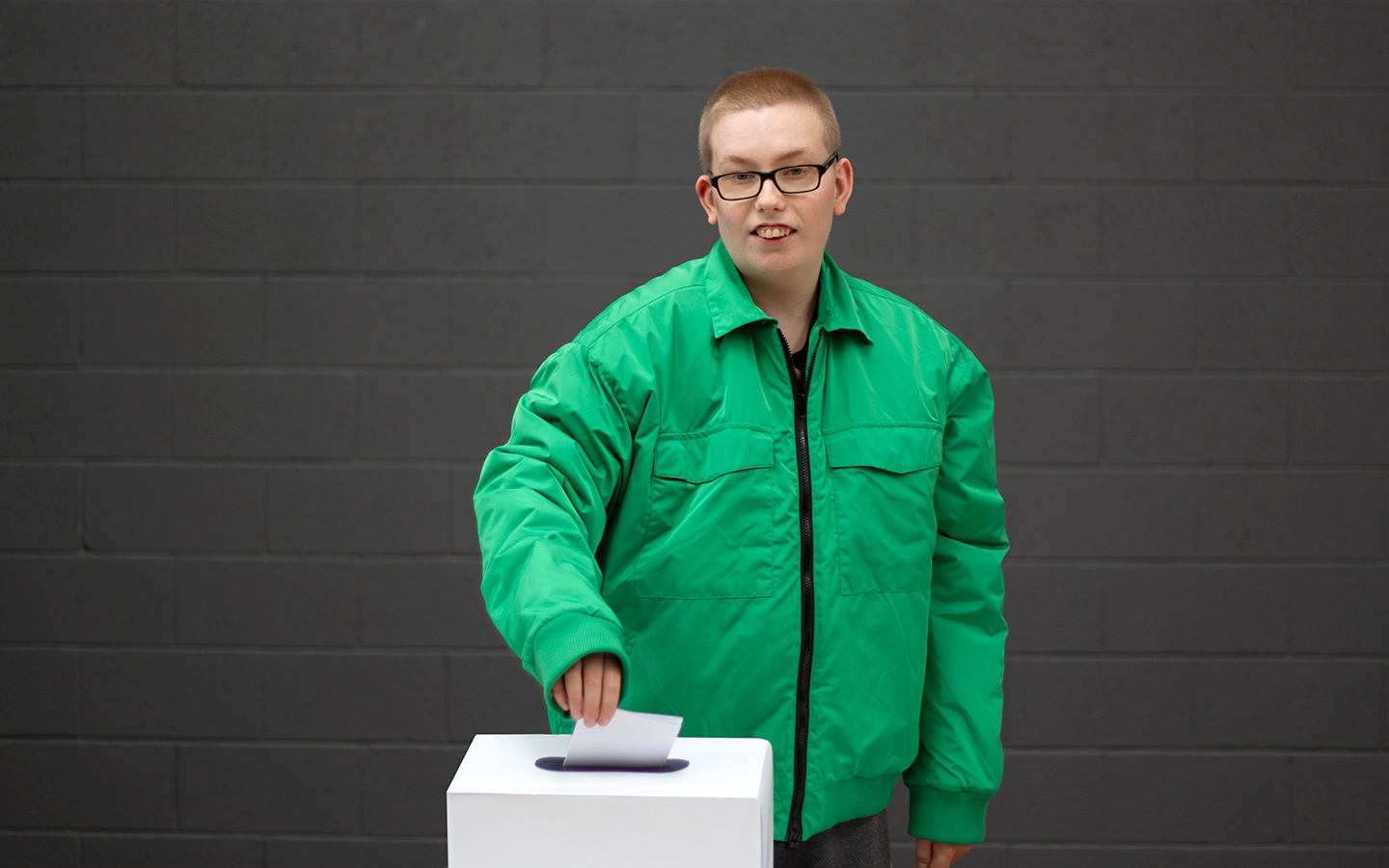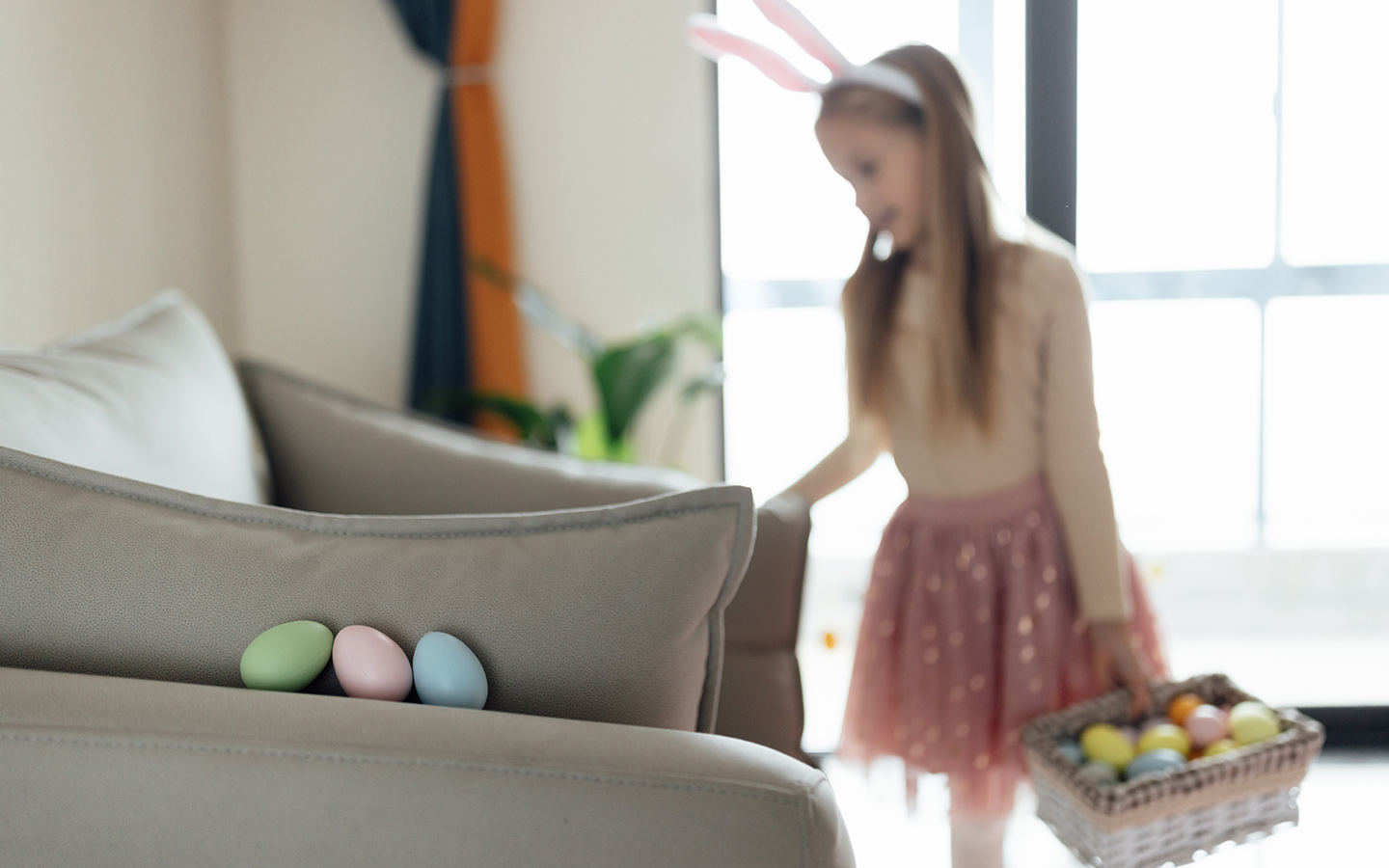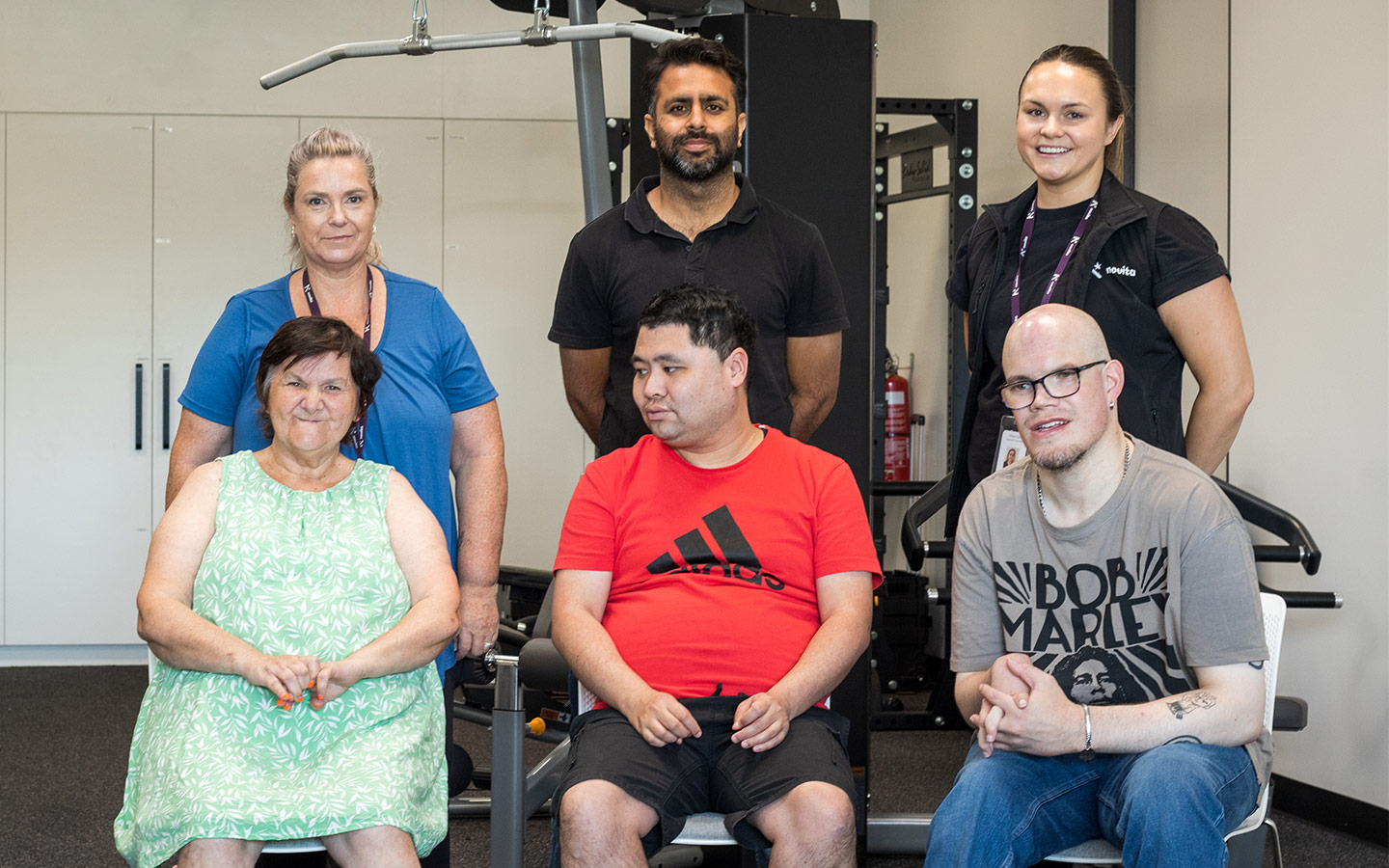Helpful Information
Confidence and Independence
access_time4min read

Confidence is based on having good feelings about yourself and generally liking yourself. This page outlines why confidence is so important for children with a disability, how to promote confidence in children and provides a list of extra resources that can help.
Confidence is:
- having good feelings about yourself and liking who you are
- believing in yourself and in the things that you can do well, and being prepared to try
- knowing that you matter and knowing where you fit and belong in your family and the world
- the result of feeling valued, wanted and respected.
Why is confidence important?
Once children have confidence they can try new things and explore their world. They can also cope better when things go wrong and they believe that they can make good choices. There is nothing that will build confidence more than a child being able to feel “I can really do that!”
Ways to help a child build confidence
Young children learn confidence through knowing what they can do and through knowing that their parents and other important people have confidence in them. Here are some ideas that may help build confidence in a child.
Things to do:
- Make them feel loved and lovable.
- Do something special with them, for example, take the child to places the child enjoys.
- Smile when the child does something for themselves.
- Give praise or a hug when older children do something for themselves or for others.
- Whenever you can, give the child a hug or a kiss (whatever is appropriate) for no special reason, not just when they do things well.
- Let the child try new things for themselves (if it is safe for them) and encourage them when they fail. Make them aware that they are learning a new skill and that success takes practise.
- Help them to name their feelings, so they can better understand them and then practise good solutions for dealing with unhappy or angry feelings.
- Let the child learn things for themselves, instead of giving them all the answers or doing it for them (even when they are little).
- Give the child choices – this helps them to learn to make decisions (for example, ask “Do you want to wear your yellow or your green jumper?”) – remember to use language that your child understands.
- Find another caring person to ‘be there’ for the child if you are feeling very stressed and you can’t be there for them – suggesting another person shows them that their issues are important to you too.
Things to consider:
- Try to keep calm. We’re all human, but big emotions from trusted adults (particularly when there is conflict) can be overwhelming and scary for kids.
- Try to avoid calling the child ‘shy’ in front of other people. It’s ok to be shy! Give your child time to choose to interact when they feel safe to do so.
- Try to avoid comparing your child to others. Confidence is individual and we all behave in different ways. That’s OK.
- Be aware of things in the environment that may be overwhelming to kids, particularly on social media or gaming platforms. Children don’t always know that these things aren’t real.
- Don’t overdo praise – keep it balanced.
The value of stories
Stories can be read from library books, or can be stories from your own childhood. Children love to hear about a time when you had a similar challenge to one they are having now. Some of the great ways that stories help with confidence include:
- showing the child that other children share their fears and that they are not alone in how they are feeling.
- allowing the child to ‘escape’ (for a while) from the hassles and demands of their world.
- providing a really special sharing time between you and your child.
- providing the child with an opportunity to tell you their stories, for example, about what they did at school, child-care or respite care.
- showing that people are willing to listen to them, which then helps the child to develop a sense of being a lovable person.
- most importantly, the child will love spending time with you – many children remember the times you have read to them for the rest of their lives – a story at bedtime is also one of the things that can help your child to enjoy their bedtime and to prepare for a relaxed sleep.
Related external links
Child and Youth Health Services – Self-esteem
Child and Youth Health Services provide a vast amount of information to help parents, children and youth. This page of their sites provides lots of practical information about self-esteem for the whole family.


